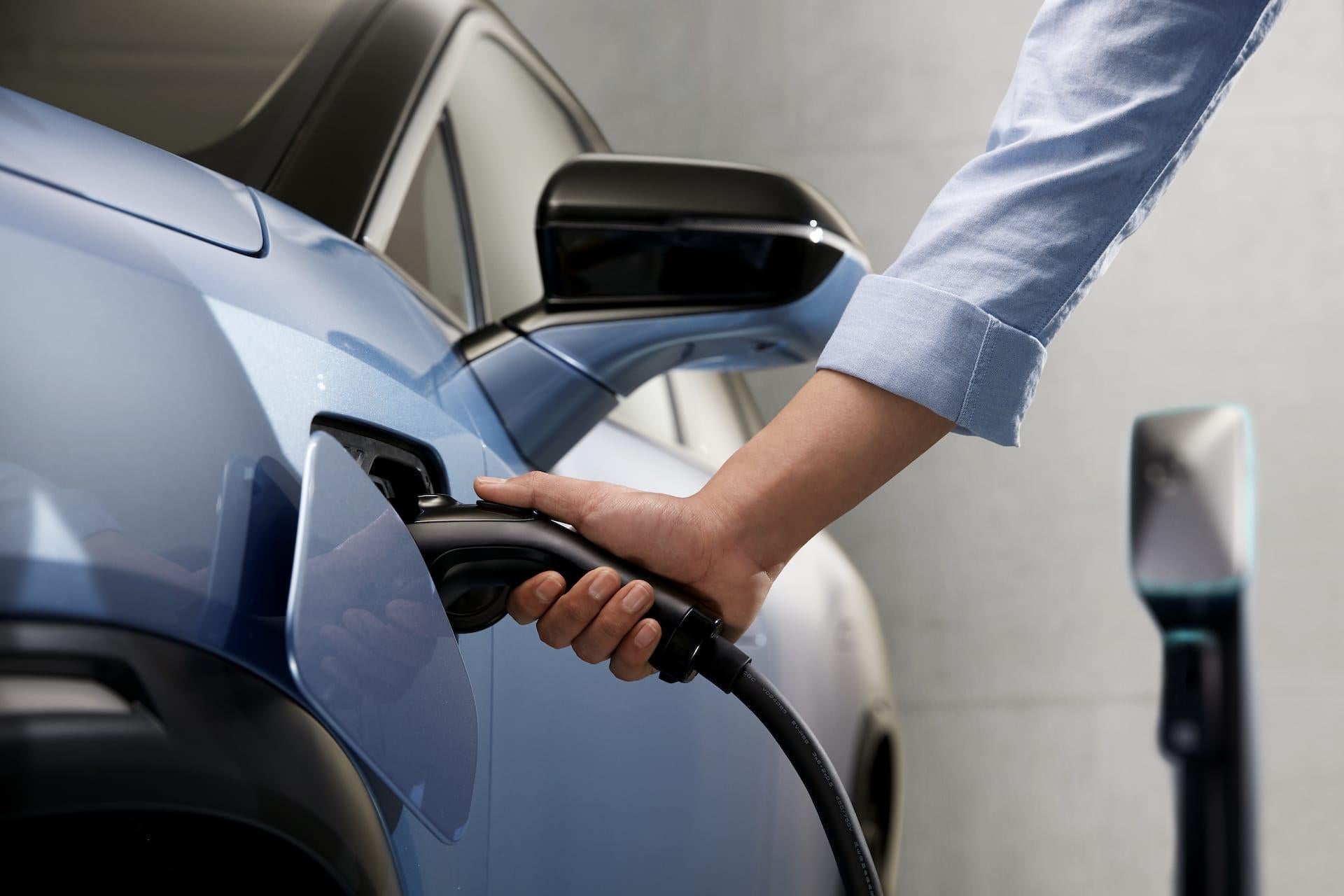Electric Vehicle Buyers Consider More Than Price of Gas Alone
04/28/2020 by NIO

Due to the recent drop in global crude oil prices, some energy analysts predict a drag on electric vehicle sales as some consumers are influenced by lower fuel prices. However, most analysts overestimate how sensitive car buyers are to falling gas prices, according to a recent report by Electrek, a news and commentary site for electric transportation.
Many EV buyers are motivated by a desire to adopt new innovative technologies that help cut emissions, while also allowing the convenience of recharging batteries at home. Few EV buyers are primarily motivated by precise total-cost-of-ownership calculations. People who do make these comparisons early on realize that fuel and maintenance costs for EVs are less than half of the total cost for gas-powered cars. Gas prices are unlikely to drop far enough to ever outweigh that advantage.
A recent consumer survey by J.D. Power shows that EV purchasing decisions are based on both environmental and economic benefits. For instance, when consumers were asked about the advantages of EVs over gas-powered vehicles, 60 percent of those surveyed cited “better for the environment,” compared to 49 percent who cited “cost to charge vs. cost of gas.”
Another survey question addressed consumer expectations about the ability to stay within their budgets when buying EVs vs. Gas-Powered Vehicles. Of those surveyed, 42 percent said they were very positive or somewhat positive about EVs, compared to 27 percent who said they were somewhat negative or very negative.
Overall, the cost of running battery-powered electric vehicles is significantly lower than competing gas-powered models. The extent of the recent drop in oil price is significant for buyers, but it does not fundamentally overcome the total cost advantage for EVs. This is partly because EV buyers have an added benefit of power charging infrastructures set in place, which effectively drops their energy costs to zero.












